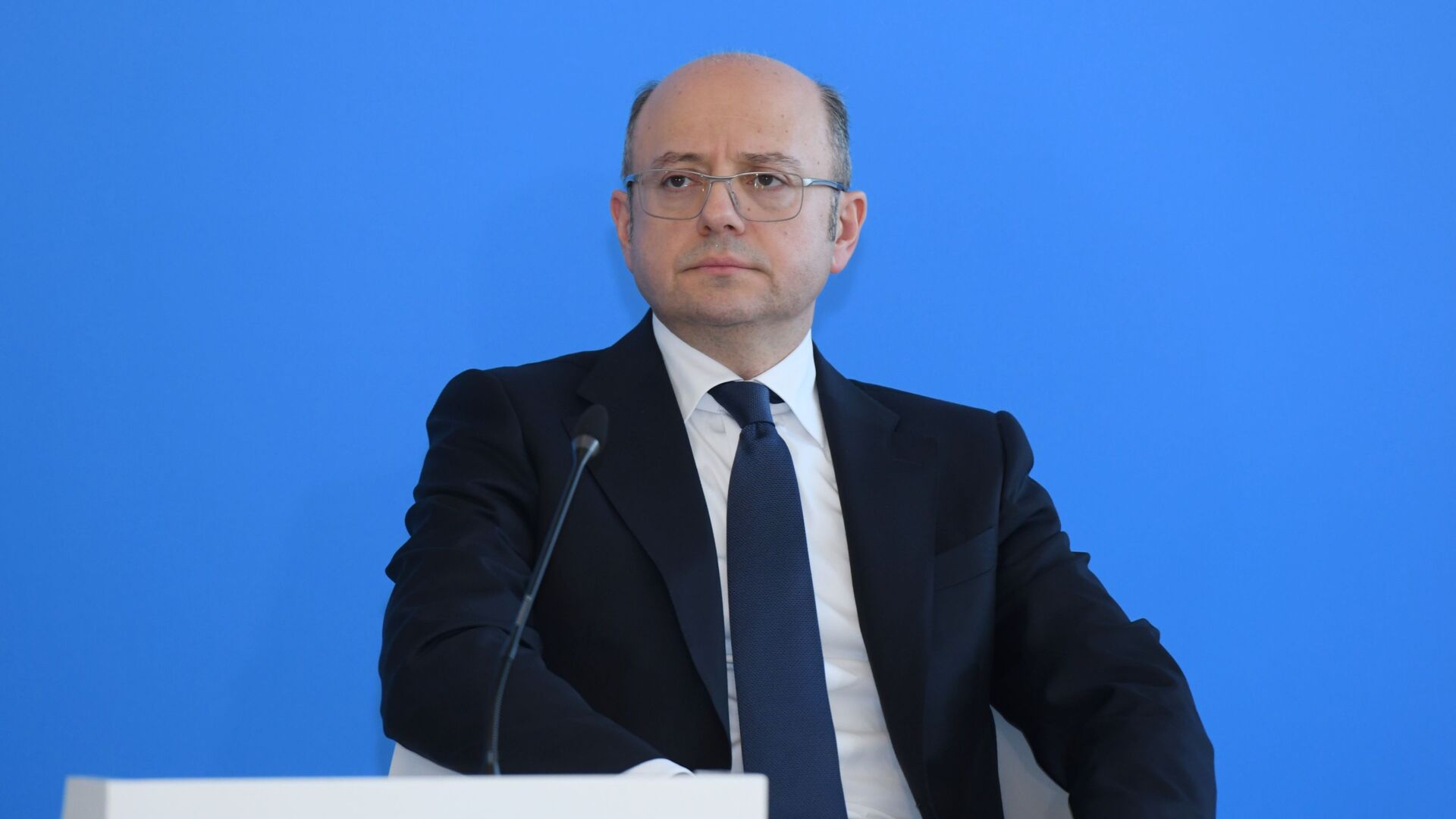Educators around the world, particularly those in secondary schools, often default to a compelling story when they are trying to motivate their students: Work hard, achieve well and you will secure a successful future with attractive job prospects.
This is currently the conventional wisdom across much of the Western world, with strong links drawn between education, meritocracy and upward social mobility.
But what does the research suggest about intergenerational mobility? Do children from poorer backgrounds have the same potential to realize their dreams if they achieve high standards in their education systems?
In fact, education is important but not enough to change inequities around the world. Intergenerational mobility, referring to changes in social status for different generations in the same family, is far from normal.
The American dream in Denmark
Public health researchers Richard Wilkinson and Kate Pickett argued outcomes in social mobility and education are significantly worse in rich countries with more inequality, that is, with populations that show larger gaps between the wealthy and the poor. For example, the United States and United Kingdom have close associations between fathers' and sons' incomes, compared to countries such as Denmark, Finland, Sweden and Norway.
Wilkson went so far as to jokingly comment in a TED talk "if Americans want to live the American dream, they should go to Denmark."
Great mobility?
The relationship between national levels of income inequality and lower levels of intergenerational mobility is known as the Great Gatsby Curve. The Great Gatsby is the hero of the same-titled F. Scott Fitzgerald novel, who first appears as the enigmatic host of roaring parties in his waterfront mansion. Later, he is revealed as the son of poor farmers. The curve thus seeks to measure how much a person can move up in social class in a given society.
A 2015 study used cross-national comparable data from the Programme for International Assessment of Adult Competencies (PIAAC) to shed new light on the role of education in relation to this curve: the study examined the relationships between a person's education, their parents' education and labour-market outcomes such as income.
In countries such as Denmark, Finland, Norway, Sweden, Austria, Germany, Belgium and the Netherlands, the results suggested that parental education had little additional impact on a child's income; it was the child's level of education that mattered.
But in France, Japan, South Korea and the United Kingdom, the impact of parents' education on their offspring was substantial. In these countries, the children whose parents came from a low education group earned 20 per cent less than children whose parents had higher levels of education, even though these individuals held the same level of qualification in the same subject area.
Collectively, this research suggests that a range of social mobility exists across different countries in relation to how much education a person gets. Equal education does not always mean equal opportunity.
Benchmark measures
In a globalized economy, reliance on patronage and nepotism has little use. Rather, the global economy requires countries to maximize their human resources, regardless of the social status of particular individuals or groups, to remain competitive.
Not surprisingly, governments are increasingly concerned with addressing socioeconomic disadvantages within school systems so that they are able to maximize their nations' human capital and promote intergenerational mobility.
Indeed, policymakers around the world have shown an affinity for the results of international benchmark measures such as PIACC and the Programme in International Student Assessment (PISA). They often rely on such measures to assess the performance gaps that exist among students of different socioeconomic backgrounds.
Ideally, countries strive for high performance and small achievement gaps, since the latter is a sign of an effective education system. Not surprisingly, some countries seem to be doing a better job at promoting better educational outcomes for students coming from lower socioeconomic groups.
For example, PISA 2015 results indicated that more than 30 per cent of economically disadvantaged students in Canada, Denmark, Estonia, Finland, Germany, Hong Kong, Ireland, Japan, Korea, the Netherlands, Norway, Singapore and Slovenia were considered "academically resilient." This means they performed at high levels despite coming from the bottom quarter of the socioeconomic status classification system.
While the apparently better-performing countries may take pride in their outcomes, it is worth noting that a high global ranking does not necessarily capture how inequities manifest nationally. For example, Canada has a noticeable gap between Indigenous and non-Indigenous education outcomes.
Policy for equality
When one considers the capacity of education to influence social mobility around the world the results appear to be mixed. We need more research to understand exactly how some countries seem to provide more equitable opportunities in schools and society, and for whom.
Where there are disparities, governments need to consider more policy options across multiple sectors—to create a situation where equal abilities and qualifications translate to equal prospects and outcomes. Failure to do so casts doubt on our cherished notion of meritocracy.
In other words, in many countries education will only equal social mobility with further government intervention.

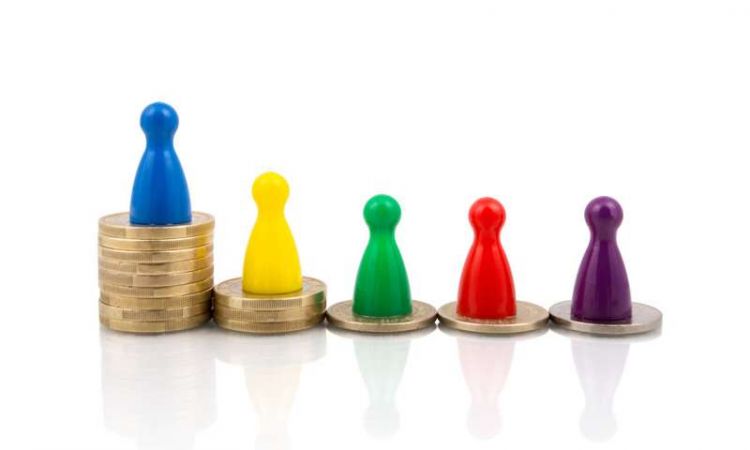
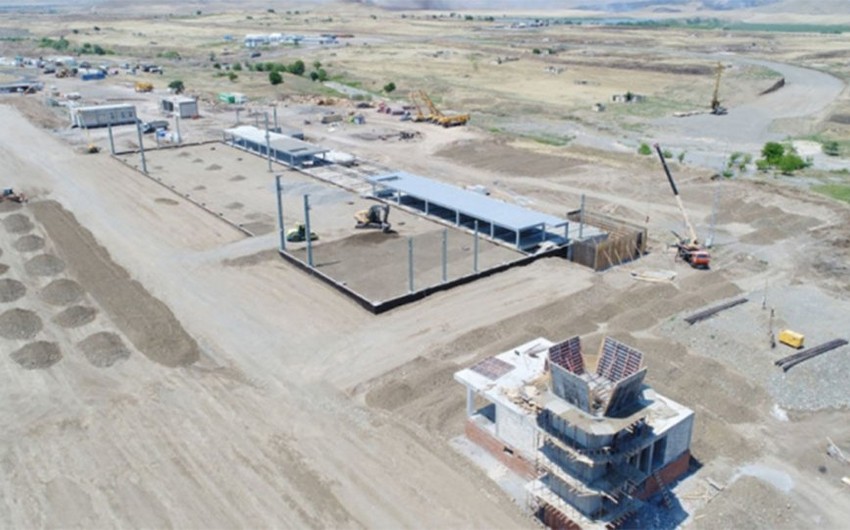
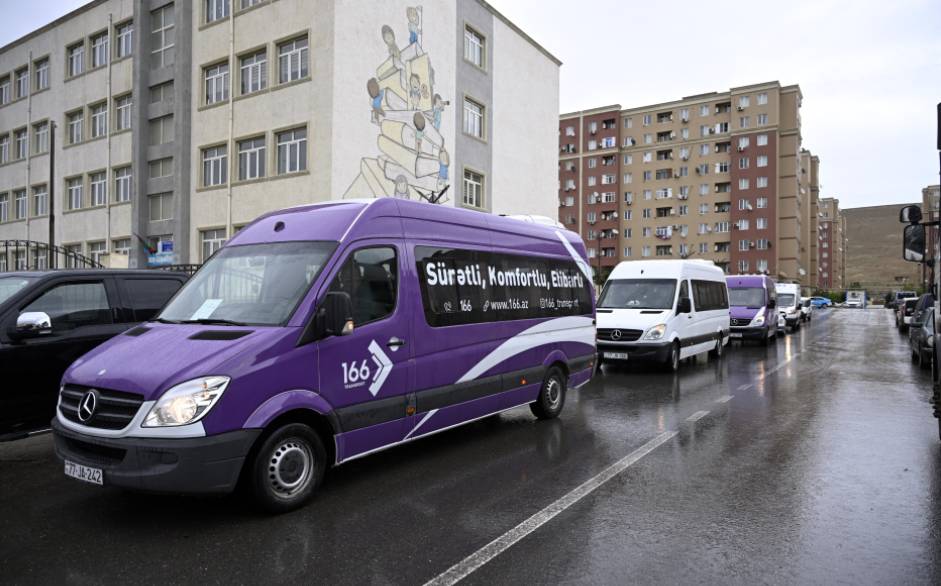
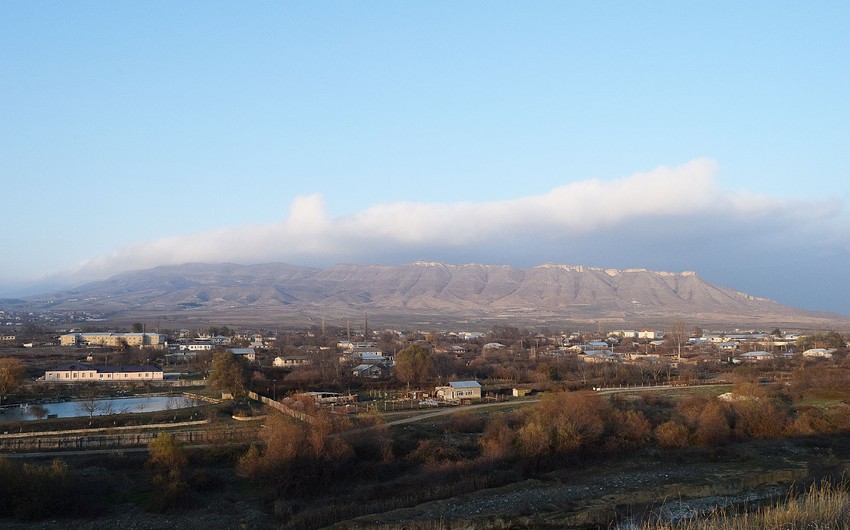
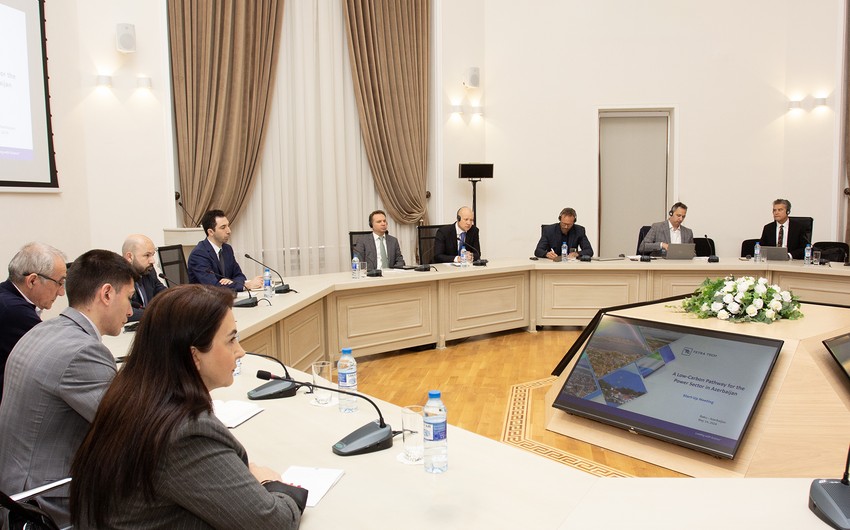
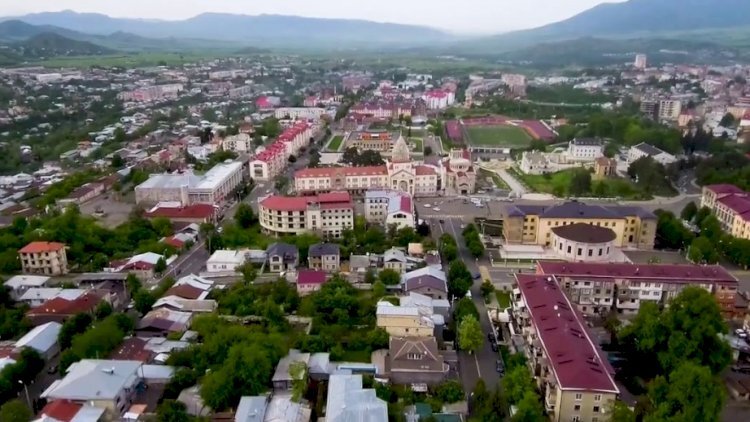
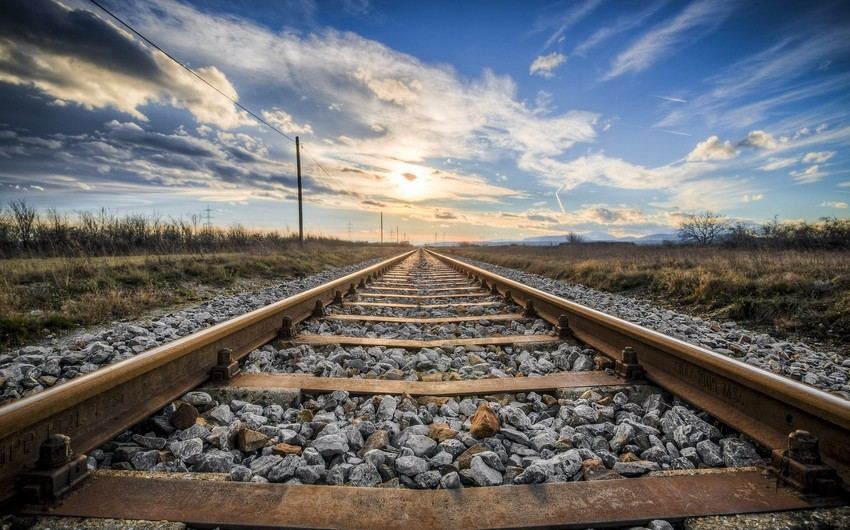

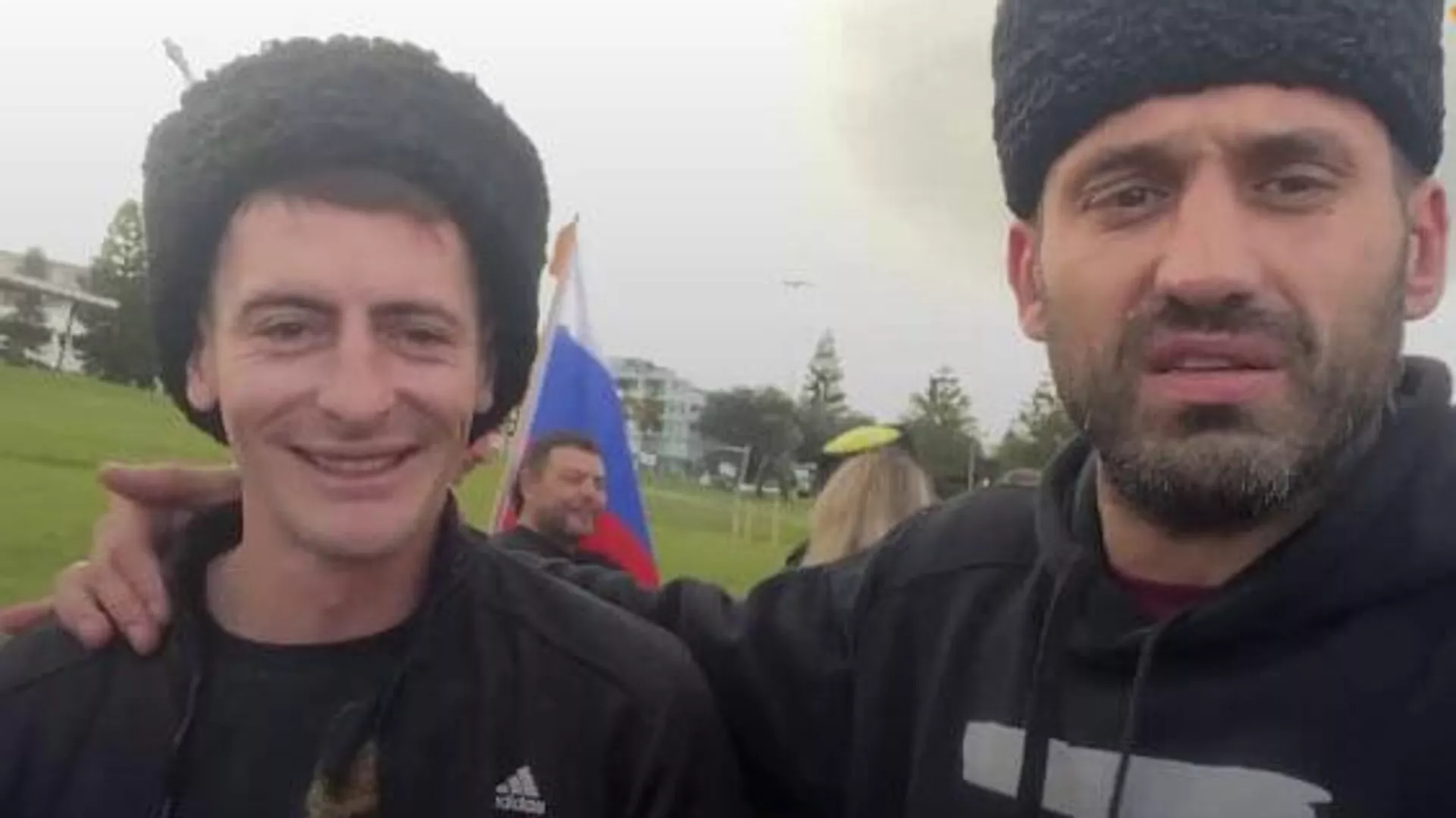



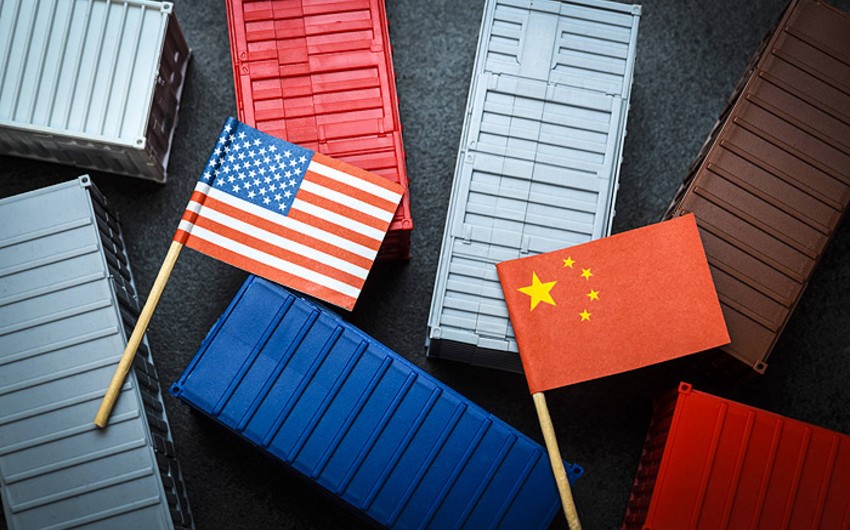
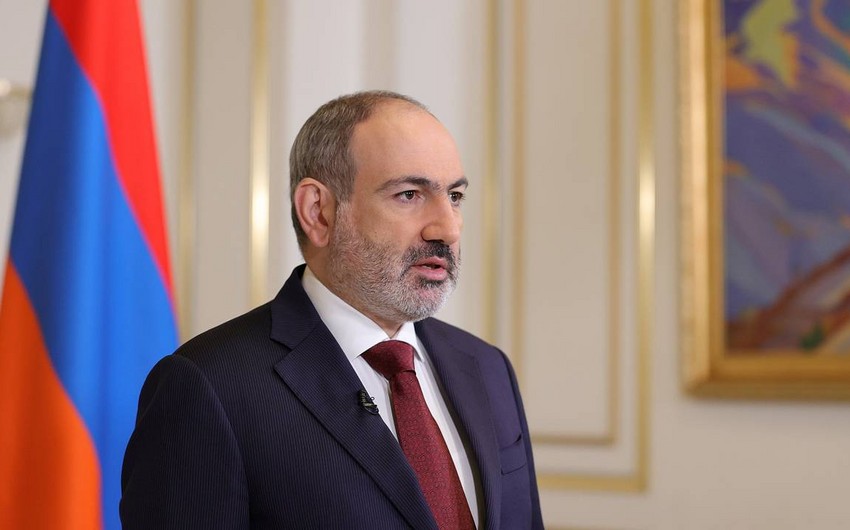
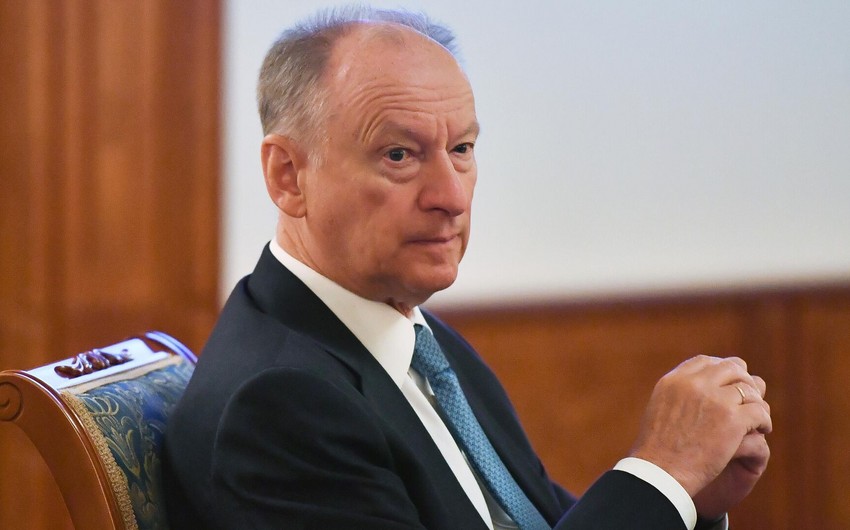
.jpg)
